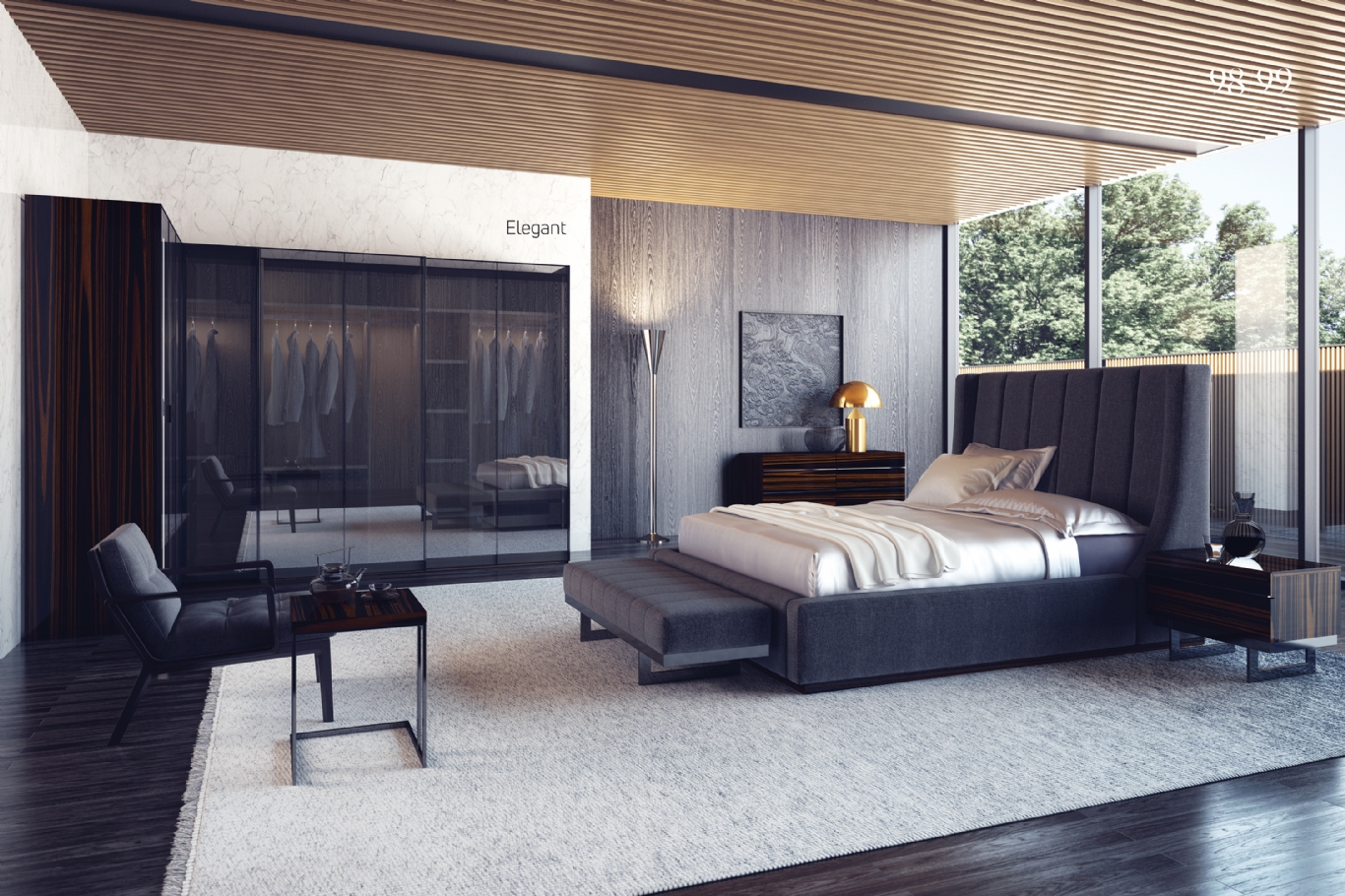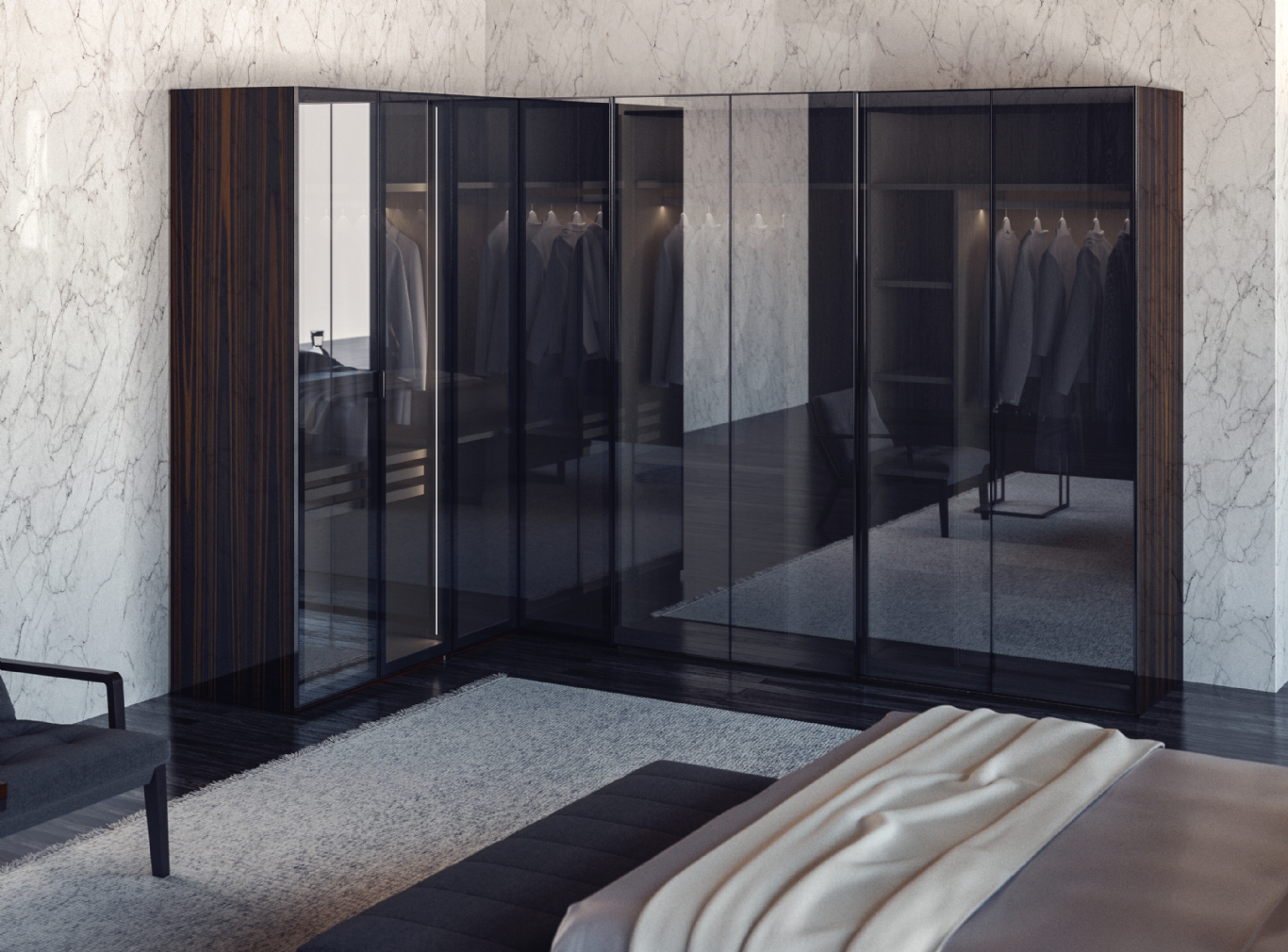Elegant
Loos's conception of American or "Western" culture, as he calls it, is difficult to pin down. His experiences living and working in American cities would have exposed Loos to both the positive and negative effects of the industrial revolution and capitalism in the United States. Despite his first-hand knowledge of America's imperfections, Loos painted American culture in an idealized manner. Throughout Loos's writings, 'America' symbolizes a sense of utopian possibility, and 'America' and 'the American' signify the foremost position on a linear scale of cultural progression. This modern and utopian view of Western American culture provided Loos and his readers with a powerful comparison to their own traditional culture, which was ruled by a single man who resolutely feared modernization and change - the Emperor. In her article, "In Praise of the Present: Adolf Loos on Style and Fashion," Patrizia McBride suggests that while Loos's discussion of England and America drew on his personal experience, "the two countries also functioned as a discursive trope that allowed Loos to articulate a desirable model of Western civilization, which did not necessarily correspond to the reality of contemporary Great Britain or the United States, nor was it meant to.


